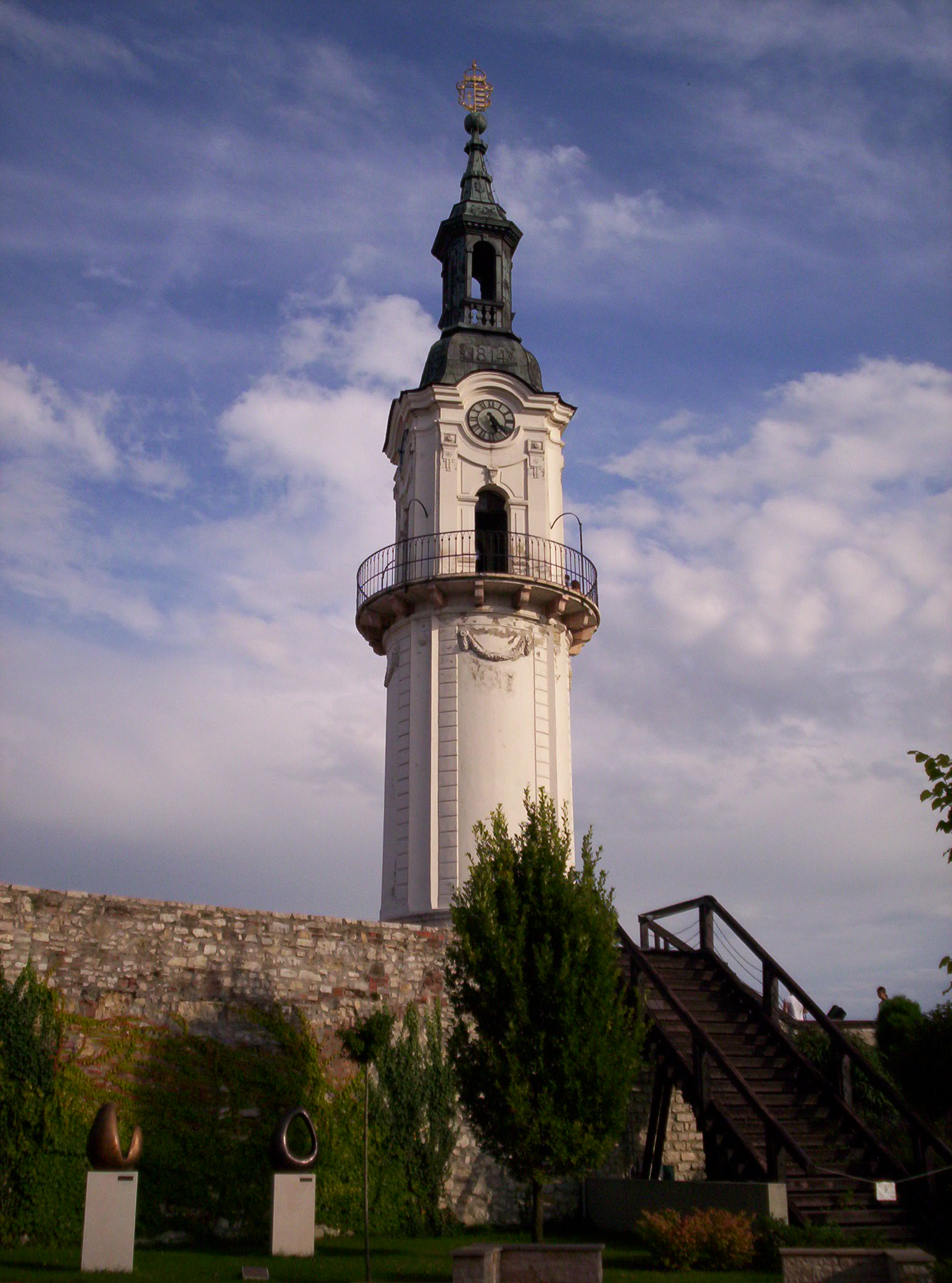|
Gabriella Gáspár
Gabriella Gáspár (born 19 May 1979, in Veszprém) is a Hungarian former handballer. Achievements *Nemzeti Bajnokság I: **''Winner'': 1999, 2001, 2003, 2004 **''Silver Medallist'': 2000, 2002, 2005 **''Bronze Medallist'': 2006, 2007 *Magyar Kupa: **''Winner'': 1999, 2000, 2002, 2004 **''Finalist'': 2005 *EHF Champions League: **''Winner'': 1999 **''Semifinalist'': 2004, 2005 *EHF Cup The EHF European League is an annual men's handball club competition organised by the European Handball Federation (EHF) since 1981. It is the second-tier competition of European club handball, ranking only below the EHF Champions League. Prev ...: **''Finalist'': 2003 **''Semifinalist'': 2008 * EHF Champions Trophy: **''Winner'': 1999 References External links Gabriella Gáspár Player Profile on Dunaújvárosi NKS Official WebsiteGabriella Gáspár career statistics on Worldhandball.com 1979 births Living people Sportspeople from Veszprém Hungarian female handball players ... [...More Info...] [...Related Items...] OR: [Wikipedia] [Google] [Baidu] |
Hungarian People
Hungarians, also known as Magyars ( ; hu, magyarok ), are a nation and ethnic group native to Hungary () and Kingdom of Hungary, historical Hungarian lands who share a common Hungarian culture, culture, Hungarian history, history, Magyar tribes, ancestry, and Hungarian language, language. The Hungarian language belongs to the Uralic languages, Uralic language family. There are an estimated 15 million ethnic Hungarians and their descendants worldwide, of whom 9.6 million live in today's Hungary. About 2–3 million Hungarians live in areas that were part of the Kingdom of Hungary before the Treaty of Trianon in 1920 and are now parts of Hungary's seven neighbouring countries, Hungarians in Slovakia, Slovakia, Hungarians in Ukraine, Ukraine, Hungarians in Romania, Romania, Hungarians in Serbia, Serbia, Hungarians of Croatia, Croatia, Prekmurje, Slovenia, and Hungarians in Austria, Austria. Hungarian diaspora, Significant groups of people with Hungarian ancestry live in various oth ... [...More Info...] [...Related Items...] OR: [Wikipedia] [Google] [Baidu] |
Veszprém
Veszprém (; german: Weißbrunn, sl, Belomost) is one of the oldest urban areas in Hungary, and a city with county rights. It lies approximately north of the Lake Balaton. It is the administrative center of the county (comitatus or 'megye') of the same name. Etymology The name of the city originates from a Slavic personal name ''Bezprem'' or ''Bezprym'' (Proto-Slavic ''Bezprěmъ'') meaning "stubborn", "self-confident, not willing to retreat". ''Besprem'' (before 1002), ''Vezprem'' (1086), ''Bezpremensis'' (1109). The form ''Vezprem'' originates in early medieval scribal habits and frequent exchange of ''B'' and ''V'' under the influence of Greek. The city was named either after a chieftain, or the son of Judith of Hungary, who settled here after her husband Boleslaus I of Poland expelled her and her son. Location and legend The city can be reached via the M7 highway and Road 8. It can also be reached from Győr via Road 82 and from Székesfehérvár via Road 8. Accordin ... [...More Info...] [...Related Items...] OR: [Wikipedia] [Google] [Baidu] |
Hungary
Hungary ( hu, Magyarország ) is a landlocked country in Central Europe. Spanning of the Carpathian Basin, it is bordered by Slovakia to the north, Ukraine to the northeast, Romania to the east and southeast, Serbia to the south, Croatia and Slovenia to the southwest, and Austria to the west. Hungary has a population of nearly 9 million, mostly ethnic Hungarians and a significant Romani minority. Hungarian, the official language, is the world's most widely spoken Uralic language and among the few non-Indo-European languages widely spoken in Europe. Budapest is the country's capital and largest city; other major urban areas include Debrecen, Szeged, Miskolc, Pécs, and Győr. The territory of present-day Hungary has for centuries been a crossroads for various peoples, including Celts, Romans, Germanic tribes, Huns, West Slavs and the Avars. The foundation of the Hungarian state was established in the late 9th century AD with the conquest of the Carpathian Basin by Hungar ... [...More Info...] [...Related Items...] OR: [Wikipedia] [Google] [Baidu] |
Hungary Women's National Handball Team
The Hungary women's national handball team ( hu, magyar női kézilabda-válogatott) is the national team of Hungary. It is governed by the Hungarian Handball Federation () and takes part in international handball competitions. The team won the World Championship in 1965 and the European Championship in 2000. Results Champions Runners-up Third place Fourth place Olympic Games Since their debut in 1976, Hungary has participated in seven Olympic Games. They received a silver medal in Sydney 2000. World Championship Hungary is regularly present at World Championships, having missed only 1990 and recently 2011. They won the tournament once in 1965 and have also received four silver and four bronze medals. In 2003, Hungary lost the final match against France 32–29 after one overtime. European Championship As of 2022, the Hungarian team has participated in every European Championship that has taken place. ... [...More Info...] [...Related Items...] OR: [Wikipedia] [Google] [Baidu] |
